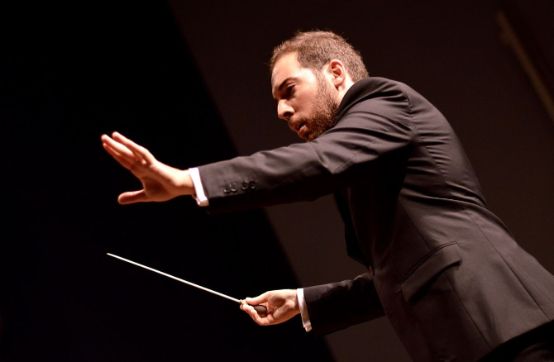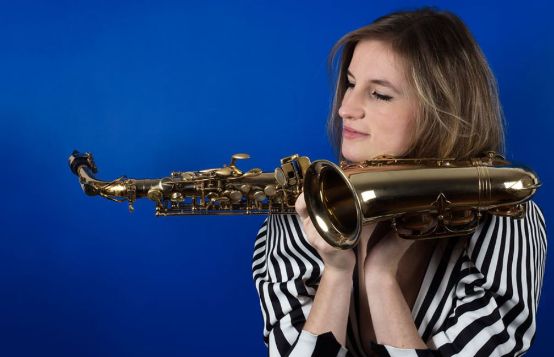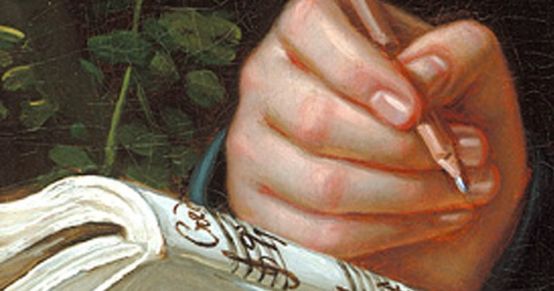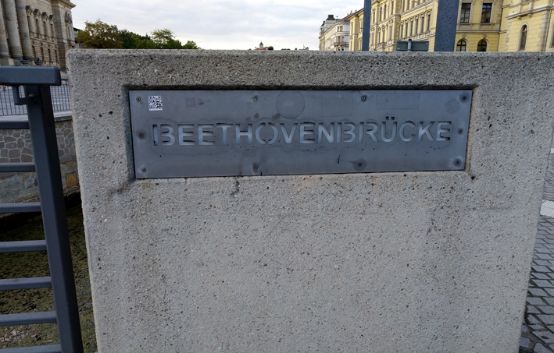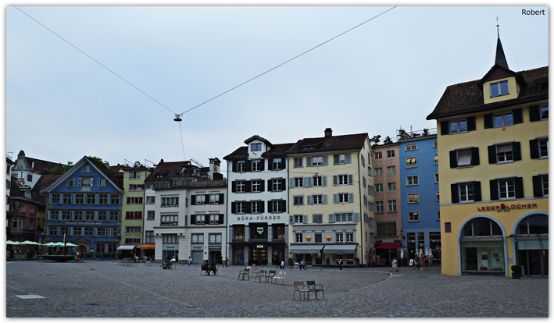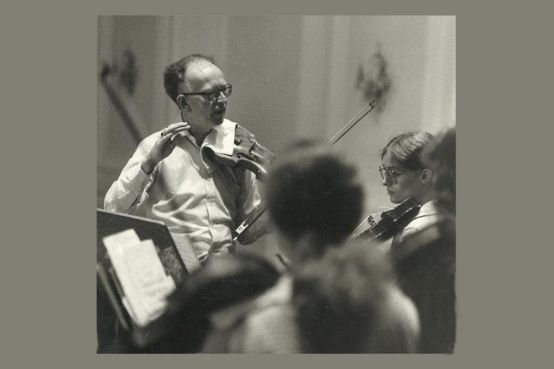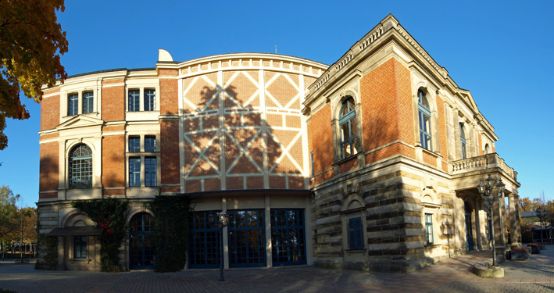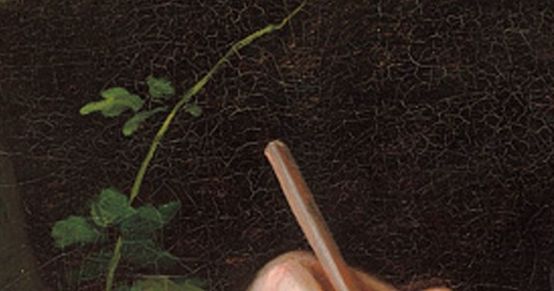Blanchard takes over as orchestra director in Cannes
According to a report in the online trade magazine Resmusica, Jean-Marie Blanchard, the former General Director of the Grand Théâtre de Genève, is to become General Director of the Orchestre de Cannes-Provence-Alpes-Côte d'Azur.
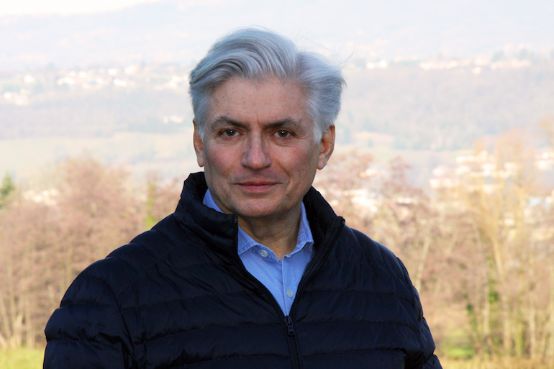
Blanchard served as Directeur général and editor-in-chief of the Revue Musical before becoming artistic advisor to the Théâtre du Châtelet in Paris from 1987 to 1992 and managing director of the Opéra de Paris-Bastille from 1992 to 1994. From 1996 to 2001, he held the same position at the Opéra de Nancy et de Lorraine and the Orchestre Symphonique et Lyrique de Nancy. From 2001 to 2009, Blanchard was General Director of the Grand Théâtre de Genève and later Director of the Geneva Wagner Festival.
Founded in 1901, the Orchestre régional de Cannes-Provence-Alpes-Côte d'Azur consists of 37 musicians. Its artistic director is Benjamin Levy. It is financed by the Ministry of Culture, the city of Cannes, the Département des Alpes-Maritimes and the Région Provence-Alpes-Côte d'Azur.






